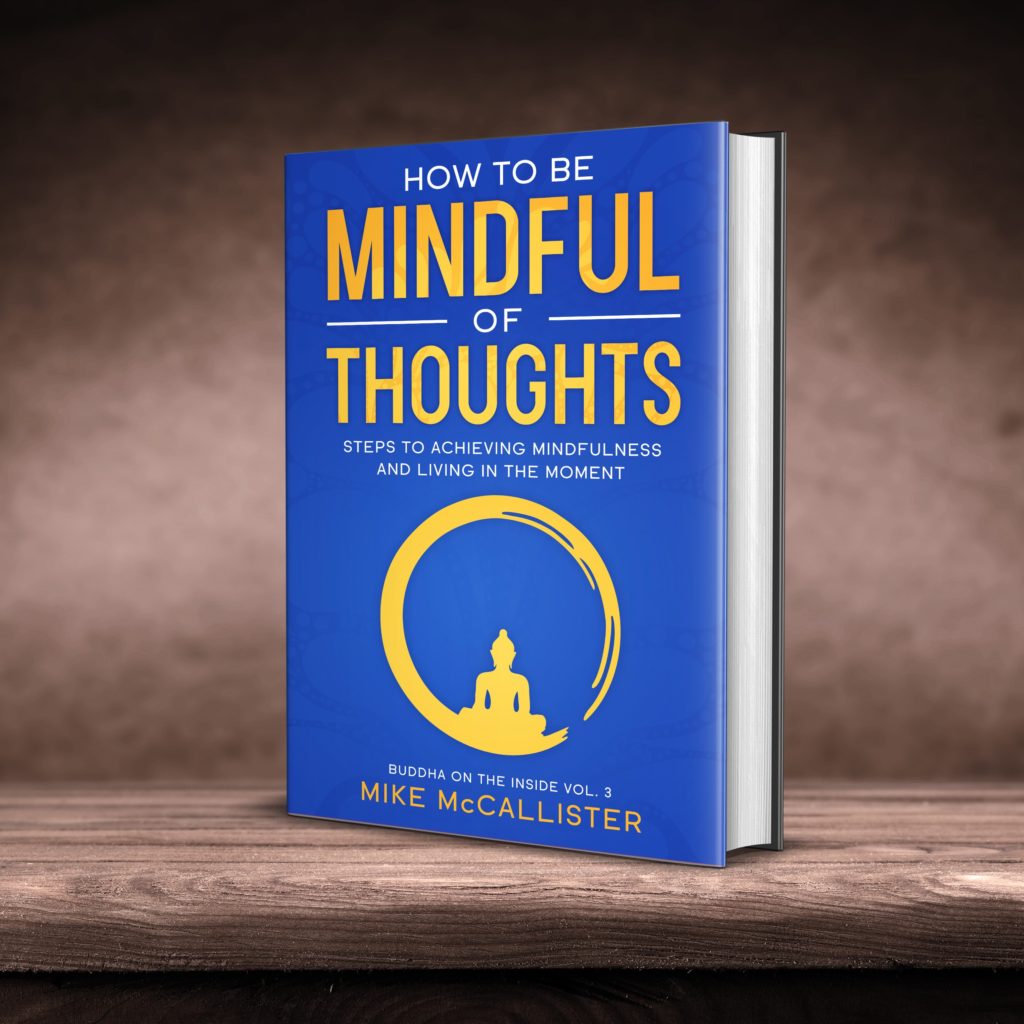
Stress is an inescapable part of being human. No matter how much you try, you can never really evade it. This is partly because stress is your body’s natural response to anything you perceive as challenging. That challenge can be exciting, enjoyable, or intimidating. For instance:
If you view an impromptu meeting with your boss as terrifying, you will sweat with apprehension and fear. On the other hand, if you see that same meet up as an exciting experience, you instantly feel enthusiastic. What does this example tell you?
It shows the importance of guarding your perception and training yourself to analyze situations with a mindful state of mind. This enables you to handle stress like a pro.
In a previous blog post, we talked deeply about how being mindful helps increase your productivity. This post focuses on how to leverage the power of mindfulness and use it to deal with work-related stress. In so doing, you will unlock the potential to transform challenging situations into uplifting ones.
As I have mentioned in previous blog posts, I only share strategies and approaches that have worked for me. The only way to determine if they’ll work for you is to experiment.
Having stated that, let’s get started:
#: Schedule primary tasks first
In the hopes of doing more, we tend to have so many tasks and end up doing nothing at all. Filling your schedule with scores of tasks makes you miss deadlines, which, consequently, adds to your stress. You can overcome this problem by being aware of your high priority tasks and prioritizing them first.
When you schedule primary tasks first and only tend to substantial chores that boost your productivity, you yield better output. Naturally, when your productivity improves, you feel more accomplished, which helps eliminate stress.
#: Approach one task at a time
Multitasking is very common these days. While you may think it boosts your productivity, the reality is that it does not.
What happens, when you are typing on your computer, attending to a phonecall, and brainstorming ideas for your upcoming project? You are likely to mess up one or even all the tasks.
Slipping up all the time ruins your productivity, which in turn increases your frustration and stress levels. You can solve this issue by determining to live in the moment and taking one task at a time.
Instead of stressing yourself with doing everything at once, take one chore at a time, and engage in it mindfully. When you tend to your tasks concsciously, you focus better and end up doing everything faster and better than usual. Accomplishing more alleviates the stress often associated with low productivity and helps you achieve more growth at work.
#: Handle distractions consciously
A mindful state of mind keeps you from labeling distractions as negative or bad. It allows you to accept them as activities that you are likely to find more attractive than your work-related chores.
This realization helps you accept that you find enjoyable tasks more alluring. It also allows you to objectively compare important tasks with mere distractions and choose the former.
Every time we get distracted from the present moment, we tend to give in to our temptations. Doing this increases our workload and does nothing but skyrocket work-related stress.
Practicing mindfulness helps you manage this challenge by helping you analyze your distractions before giving in to them. It also enables you to understand the importance of completing work-related tasks first and prioritizing them over your temptations. Doing this helps you complete your tasks on time, which keeps stress at bay.
#: Leave work at work
If you are always around work-related activities, even when you are at home, you will feel emotionally and physically swamped.
It is good to take your work seriously. However, it is not healthy to become a workaholic to the extent that you do nothing but work. Working long hours now and then is inescapable. But, if you work late into the night every day and bring work home, you are likely to be stressed.
You need to understand that your body and mind need rest, space, and break. If you push them beyond their limits, burnout will become your daily cup of tea. One rule to manage work-related stress is to create a work-life balance. You can do this by deciding to stop bringing your work home.
Start by having fixed work hours and commit to not working past that. When your work hours end, leave your projects at your office and return home with a mindset to relax.
If you have a home office, consciously set fixed work hours and observe them religiously. You can also set up separate office space and then avoid using it for anything other than work. Creating this distinction helps separate your personal life at home from your home office. This enables you to manage stress better and keep it at bay.
#: Focus on finding effective solutions
Work stress builds up when you fret more about why and how unfortunate things happened and less on finding solutions.
If thoughts of why you did not get that promotion two months ago still perturb you, you are likely to affect your productivity negatively. You will then continue wallowing in misery and will fail to achieve your targets. Similarly, if you fret about an upcoming project, but don’t plan for it now, you won’t execute it successfully. Thereafter, a few weeks from now, you will be stressed because of inability to meet deadlines.
Worrying about what has happened or what may happen will not let you accomplish anything. You can only solve problems when you live in the present moment and focus on finding solutions for problems.
Whether you are stressing about dropping sales or getting sponsors, you can only achieve these goals by living in the moment. You can then use this awareness of the present moment to come up with workable solutions. Naturally, when you find fixes to challenges, you manage your work well, which reduces your work-related stress.
Mindfulness gives you the ability to handle stress more maturely and responsibly. It does not eliminate stress from your life altogether. What it does is help you manage it so that it stops scaring you. It does that by equipping you with the strength to choose the present moment over the past or future.
You don’t always need to carve out blocks of time from your routine to practice mindfulness. You can practice mindfulness during your commute to and from work. In the next blog post, we shall discuss how to do that:

In my book – How To Be Mindful Of Thoughts: Steps To Achieving Mindfulness And Living In The Moment (Buddha on the Inside Book 3), I discuss various other approaches you can use to increase mindfulness. Get your copy and see your productivity at work increase rapidly.
Written with beginners in mind, It will teach you:
- The basics of mindfulness, including what it really is, what it entails, how it works and more
- Why you need to nurture mindfulness
- How mindfulness and leadership coexist
- How to transform your life with different mindfulness techniques
- How to observe your thoughts, manage your emotions and feel good with mindfulness-based meditative techniques
- How to make mindfulness part of your everyday life to derive all its benefits
…And so much more!

Get your friends and family to practice mindfulness too with the widely acclaimed The Ultimate Inner Peace Affirmation Audio Series To Attain Nirvana!



